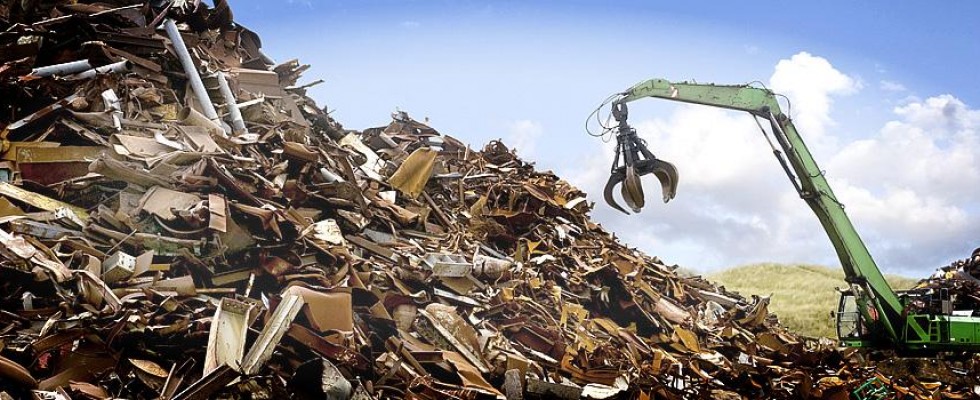As part of the ongoing Kazakhstan policy aimed at reducing the permits and the simplification of licensing procedures in entrepreneurship on March 29, 2016 current Law of the Republic of Kazakhstan “On permissions and notifications” was amended which lead, among other things, to the abolishment of licensing of scrap and ferrous / non-ferrous metal waste collection (procurement), storage, processing and sale.
Thus, on March 29, 2016 the President of Kazakhstan signed the Law ‘On amendments to some legislative acts of the Republic of Kazakhstan on the issues of reducing the permits and simplification of licensing procedures” No. 479-V. This Law shall come into force at the end of twenty-one calendar day from the date of its official publication.
Subparagraph b) of paragraph 46 of the Law “On licensed activities” excludes scrap and ferrous / non-ferrous metal waste collection (procurement), storage, processing and sale by legal entities (line 10 of Appendix 1 to the Law of the Republic of Kazakhstan “On permissions and notifications” is excluded).
At the same time, this activity will now be subject to mandatory notification (Appendix 3 to the Law of the Republic of Kazakhstan “On permissions and notifications” is added by paragraph 45). That is, before starting to engage in activities on scrap and ferrous / non-ferrous metal waste collection (procurement), storage, processing and sale the person must send a notice of commencement of activity in the manner specified by the Law of the Republic of Kazakhstan “On permissions and notifications”, that is, by means of a notification to the state authority responsible for its receiving via state information system.
The person must also notify the state authority on termination of the activity.
Notification procedure and form is set by the Order of the Minister of National Economy of the Republic of Kazakhstan dated January 6, 2015 No. 4 “On approval of the notification forms and Procedure for notifications reception by the state authorities, as well as designation of the state authorities responsible for the reception.”









